‘1984’ was the dystopian novel by George Orwell but ‘1984: The Year Pop Went Queer’ is a book by journalist, pop fanatic and DJ Ian Wade that looks back at the year in which mainstream pop took gay subculture overground.
The glitterball shone bright as pop came out of the closet; but as Simon Napier-Bell, manager of JOHN’S CHILDREN featuring a young Marc Bolan, JAPAN and WHAM! once theorised: “British pop music has always been homosexual to the core…”
With witty and unpretentious accounts of the year’s main players, ‘1984: The Year Pop Went Queer’ studies the impact these groundbreaking musicians had before, during and after on the gay community and popular culture. It documents how they were able to break down barriers, raise consciousness and set in motion the first nascent ripples in a pond that are still being felt today.
From George Michael of WHAM! to JUDAS PRIEST’s Rob Halford with CULTURE CLUB, FRANKIE GOES TO HOLLYWOOD, BRONSKI BEAT, DEAD OR ALIVE and PET SHOP BOYS in between, 1984 was a year of subversion through the pop charts as some of the brightest ‘out’ artists, biggest global acts and closeted pop stars took queer pop and culture to the very top of the charts in front of an unsuspecting public who expressed equal parts glee, bafflement and disgust.
But while some mothers were bigger than others and buying ‘Relax’ without batting an eyelid, the period had the dark backdrop of right-wing bigotry and homophobia as well as an emerging AIDS crisis which both shaped and defined pop culture at the time, as well as casting a long shadow for the years that followed.
ELECTRICITYCLUB.CO.UK had a delightful chat with Ian Wade about the genesis of ‘1984: The Year Pop Went Queer’ to make it one of the most essential music books of 2024.
What made you want to write this book, was there a personal mission about it?
It originally started almost as a love letter to FRANKIE GOES TO HOLLYWOOD in a way. A few years ago, it was Stonewall’s 50th Anniversary and I felt like doing a book like one of those “1000 Albums You Should Hear Before You Die” type things but from a gay perspective, the LGBT+ record collection in a way, that would cover things like Lou Reed, Bowie and kd lang, that sort of thing.
But as I was going through the years and which albums I should feature, 1984 just kept growing and growing. Not only have you got the tent poles of FRANKIE GOES TO HOLLYWOOD and BRONSKI BEAT, watching things like ‘Top Of The Pops’ in 1984 where you saw a lot of gay records coming through like Eartha Kitt ‘Where Is My Man?’, ‘I Am What I Am’ by Gloria Gaynor and ‘It’s Raining Men’, I was interested as to why that was happening, because those records had been hanging around for so long in the clubs, why were they coming through at that point. That led me down the HI-NRG route which was where the electronic music interest was.
One George got replaced by another George at the top of the pop tree…
Yes, Boy George began 1984 as one of the biggest stars and then it all fell apart with ‘The War Song’ shall we say! *laughs*
People like Elton John and David Bowie were around, Elton married a lady and David Bowie was surrounded by his children, all those people who cited him as an inspiration like Holly Johnson and Boy George, but he came back with his worst album ‘Tonight’, which had a couple of good tracks, but it was his first really really bad album, and he almost seemed to want to distance himself from all them. So all these threads began to come together.
PET SHOP BOYS released the first version of ‘West End Girls’ that year and part of this book became how these people formed or came through, what they did in 1984 and what they did next. So there were some who didn’t have the greatest year but what happened next was quite interesting.
Then there were people like Cyndi Lauper and Madonna, who both entered the UK Top 75 in the same week which is kind of fascinating and Cyndi was seen at the time as the bigger star, but then Madonna had by the end of the year decided to become an icon with ‘Like A Virgin’! So I look at what they did next with AIDS awareness and all that kind of stuff.
Also, Stock Aitken & Waterman, they began at the beginning of 1984 and their subsequent breakthrough of Divine being their first Top20 hit, Hazell Dean being their first Top5 hit and DEAD OR ALIVE going to No1 as the first of a good dozen or so, that defined the sound of pop for the rest of the decade.
So it all started coming together in these 12 months, this hovering of gay culture. Up until then, you had Boy George and Marc Almond being very coy, this whole “I haven’t met the right girl yet” type vibes when interviewed in ‘Smash Hits’, but then with people like Bronski and Frankie, especially Bronski who were out and proud. In the background culturally, there was stuff like AIDS coming through and rife homophobia, you had Thatcher and real unpleasant things going on; you had Reagan not acknowledging AIDS until his second term the next year, so it was an interesting backdrop to what was going on.
I think for a lot of people, pop music is their 3 minute access to a different world, and the easiest form of culture to digest, and 1984 was full of it.
So in the context of 1984, you’ve got this story but the way you have told it is quite interesting, because you’ve not gone for the chronological path, you’ve opted to tell the stories of the key players in each chapter, so how this this concept come about?
I think that was the best way of putting it across because I originally had 9000 words on Frankie. This was 5 years ago during lockdown when there was nothing to do, so I wanted to see if I could write about Bronski and that’s how it carried on. One of my favourite books of all time is ‘The Best Of Smash Hits’ which came out 40 years ago but it had all the classic interviews from THE SEX PISTOLS to BAND AID… that book is one where you can just open up and read about a particular act or whatever. So I wanted that sort of vibe… yes, please read all the book but if you fancy a bit of a laugh. It helped in a way by doing that because included are Frankie, Bronski, Divine, Sylvester… JUDAS PRIEST! So it helped isolate those people and you knew where to go if you just wanted to read about that particular person.
So that was the idea, that you could dip in and out. One of my favourite books at the moment is Miranda Sawyer’s book ‘Uncommon People: Britpop and Beyond in 20 Songs’, that goes through a song and an act per chapter. There’s a couple of bands that I’m not particularly interested in like SLEEPER but I can go to BLUR, SUEDE and ELASTICA, do you know what I mean? That’s what I want people to get from my book and hopefully they do.
In this age of Wikipedia and that kind of thing, it’s very frustrating to just go there and see that as the bible as everything. It’s more important than ever to celebrate facts and not lazily just assume Wikipedia knows everything.
So you start the book with FRANKIE GOES TO HOLLYWOOD and they were the seed of this book, so were they the most important act of 1984 in your opinion?
Yeah! In a way they were… originally the book was meant to be a bit more chronological because they were on the first ‘Top Of The Pops’ of the year and it was going to end with DEAD OR ALIVE about to take over 1985. In the end, I moved things around slightly.
For me, Frankie, aside from all the controversy and all that nonsense, remix culture came through with them. Yes, there had been some amazing 12 inches and that sort of thing, but at that point, taking a song, pulling it apart again, thinking of different audiences and dancefloors and all that stuff, they, or rather Trevor Horn, pushed that forward. He did the ‘New York Remix’ of ‘Relax’ after going to a, well, New York night club and thinking “this will work like this”, it was a combination of marketing and remix culture, I think Frankie brought that in.
To me, 1984 felt like the end of the New Pop era because, you can ask a lot of people about the 80s, and they will ask back “what half of the 80s?”; some people’s 80s goes up to 1984 like me, I came into 1980 as a huge SPECIALS and MADNESS fan, then THE HUMAN LEAGUE and synthpop took over my life and then Frankie seemed like the end of all that. After that, things became professional and branded and a little bit boring, there wasn’t was this spirit that “we’ve kind of made it all up”.
If you look at the classic records in the first half of the 80s, it was all the freaks and weirdos like THE HUMAN LEAGUE and YAZOO on ‘Top Of The Pops’ but afterwards, it was all focus groups and “Will this song work? Will that do?”, people were overthinking things a bit too much! The first half of the 80s felt a bit more like The Wild West and Frankie were the bridge between the branding professionalism but also Holly Johnson coming through punk and new wave, it was people like him who had become themselves.
You look at the stats in the Guinness Book Of British Hit Singles book, they were the first band to have 3 No1 with their first 3 singles since GERRY & THE PACEMAKERS, so it all felt quite revolutionary, that this kind of band with the first ‘Relax’ video would become the biggest band of the year! REALLY?
Do you think FRANKIE GOES TO HOLLYWOOD would have been as big, without the Mike Read-led BBC ban? It’s interesting now what Mike Read did, because history has now shown him to be a bigot, a UKIP member and a right-wing tw*t as we have found with other personalities from that era…
It was interesting because the ban happened once ‘Relax’ was in the Top 10; remember, they first appeared on ‘Top Of The Pops’ when it was at No 36 and then shot up to No 6 having been outside the Top 40 for like 3 months! It wasn’t necessarily the ban although the video wasn’t being shown… I think it would have done the business irrespective of the ban. I think Mike Read positioned himself as a moral arbiter but it had got to No 2 when the ban came in…
‘Relax’ wasn’t shown on ‘Top Of The Pops’ for 6 weeks but were people buying it because it wasn’t shown? I don’t think that was the case really because there were a lot of big guns coming back like QUEEN with ‘Radio Ga Ga’ which was almost precision-made to rescue them after their apparent failure of ‘Hot Space’, which is their masterpiece incidentally! QUEEN needed to become QUEEN again, for all the sniffiness of Roger Taylor and Brian May that ‘Hot Space’ was “a bit gay”, they were kept off No 1 by the gayest record ever made.
Frankie would have succeeded in general but it’s amazing to think ‘Relax’ hung around all year and went back up to No2 without being heard! But I have to stress that it was just a BBC thing that it wasn’t being broadcast, I believe various other commercial stations were doing the same. After a certain point in the evening, the BBC would play it. But Mike Read aided it into it being a thing when it was already a great song.
It has now become a party record in a way even though it’s not particularly danceable! Whenever I’ve DJ-ed, well, the single version of ‘Welcome To The Pleasure Dome’ is the far groovier record as ‘Relax’ has sort of become like ‘Hi Ho Silver Lining’ or ‘YMCA’ *laughs*
So, what did you think of the ‘Welcome To The Pleasure Dome’ album? It was a big event because it was a double, had controversial packaging and all that, I personally found it a disappointment…
I think I was more in awe of it because it wasn’t something I bought on its release, it was a Christmas present. So yes, I’d bought all the two singles but when I got to listen to it, I was scratching my head a little with the second disc… I think for a generation of people, that was the definitive version of ‘Born To Run’ but a lot of it wasn’t as exciting as disc one which had the singles but even the title track, you were just scratching your head because it was essentially a prog track! You wanted sirens, you wanted “DOOF!”, you wanted someone nattering about nuclear bunkers, all that sort of stuff so it felt like after the singles fronted by Holly and Paul, they wanted to showcase ‘The Lads’ a little bit more. The ‘Welcome To The Pleasure Dome’ album was not necessarily something I would sit all the way through, but have grown to love over the years.
It wasn’t a good album listening experience compared with BRONSKI BEAT ‘The Age Of Consent’ which blew it out of the water…
With BRONSKI BEAT, why they were important was because being gay or other was seen as being being “drag” like Boy George or Danny La Rue, this sort of “nudge nudge, wink wink, mind your backs” sort of stuff. But BRONSKI BEAT were the guys who looked like your neighbours or people at work or school, so they were incredibly important for gay people, where they could see themselves and relate to that, but also to everybody else, it was “we’re just like you”.
Did you see BRONSKI BEAT’s first ever TV appearance on ‘Oxford Road Show’ in 1984 because I thought that was nothing short of startling!
NO! It sounds really weird now, but with my mum and dad, we didn’t have a video recorder, and there was only one TV in the house, so I couldn’t go up to my room to watch these things. So things like ‘Oxford Road Show’, I watched retrospectively.
So, linking BRONSKI BEAT back to SOFT CELL, why do you think synthesizers and drum machines proved to be the perfect setting for self-expression from gay artists?
There’s the “instantness” of it, it was the technology to make the music quickly… it’s interesting because I’ve been writing about ‘Last Christmas’ by WHAM! Although it’s not a synthpop record at all, the equipment – a LinnDrum and a Roland Juno 60 is literally peak synthpop. I think it was a way of being more straightforward, more simplistic, also there was strength in being a duo so there were fewer people to rub ideas off.
So with SOFT CELL, there was Dave Ball who was seen as plonking away on an ironing board while Marc Almond was emoting, and that’s why I think synthpop has always been fantastic, an amazing-looking figure at the front, like with Phil Oakey of THE HUMAN LEAGUE with his amazing hair, it had an accessibility and pin-up-ness.
Now if BRONSKI BEAT had tried to make a dance record without synths, they would have had to be more Britfunk like LINX or early FREEEZ, that kind of thing, so the synthesizer helped access the clubs a lot quicker. Prior to that, you had Bobby Orlando and Arthur Baker in America, these synth-based records coming through like Shannon, D-Train, this sort of stuff that worked on the dancefloor but were also amazing songs. These helped get the message across quicker than having to deal with four other guys with real instruments being authentic.
I spoke to Gloria Jones a few weeks ago and discussed with her that the anguished lyric to ‘Tainted Love’ gets more resonance when backed by the chill of Dave Ball’s synths. I would perhaps argue that the lyrics of ‘Smalltown Boy’ gains greater resonance because of the stark coldness of the synth backing…
I’m with you on that definitely… I think it adds to the emotion and if you look at say, YAZOO ‘Only You’ or EURYTHMICS’ ‘Sweet Dreams’ they are both quite minimal in their instrumental melodies and lines, but how much emotion is in both of those? They made the singers shine more and fill up without having to let a guitarist or drummer have a moment. It also threw back to the DIY aspect as well, that people could literally press a couple of buttons on accessible instruments and get an emotion far quicker than going to rehearsal rooms for about 6 months.
PET SHOP BOYS just had the one single in 1984, but it was an important one in the first Bobby Orlando produced version of ‘West End Girls’. So do you think PET SHOP BOYS effectively took over the mantle after SOFT CELL imploded because the concept had so much potential mileage?
There’s a lot of things in the SOFT CELL handbook, it was like “how to be a band and be successful, AND how not to be…” when I think of their trajectory, like “oh this single isn’t happening, let’s do a cover” and then 18 months later, you have 2 albums, a remix album and a load of hit singles, they’re touring, they’re discovering drugs, it’s literally non-stop! In 2024, we are more aware of mental health and SOFT CELL, if they had taken their time a little bit, I don’t think they’d have split up when they first did. There’s a lot of bands of that era – ALTERED IMAGES, HAIRCUT 100 for example – like that.
I think Neil Tennant is like a scholar of pop, he could see what was going on and how not to overdo it at the time. By deciding not to tour with their first few albums, they were able to excel. PET SHOP BOYS were allowed to build a whole world and the video age helped. You can also see that later with bands like SUEDE and BLUR, yes they were touring but there was also time to develop their craft on B-sides and things like that.
Whereas if PET SHOP BOYS had been shoved into touring almost immediately after they reached No1 in the UK and USA and had to trudge that live circuit… well, you look at their discography from the second version of ‘West End Girls’ to their end of the 80s where there’s 4 albums and endless brilliant B-sides. Neil Tennant was very canny in taking lots of notes from various things, and he worked out how to and how not to do it. Without the first half of the 80s, I don’t think PET SHOP BOYS would have, to quote Neil Tennant, had their “imperial phase” *laughs*
What are your 5 songs from 1984 that mean the most to you in the context of your book?
One thing I discovered is that a lot of the stuff I discovered in 1984 had already been out in 1983, so like ‘Relax’, ‘Let The Music Play’, ‘Searchin’ and ‘Just Be Good To Me’, all these sorts of things had been around for a while.
So a far as stuff actually released in 1984 goes, ‘Two Tribes’ by Frankie is essential. ‘Smalltown Boy’, I think Jimmy Somerville owes me dinner for the number of times I’ve mentioned that song in interviews now, but it epitomises everything that is said in the book and its context.
I would add ‘High Energy’ by Evelyn Thomas, that’s the peak of a whole world of dance music for that vibe. Oh gosh, I would also say ‘West End Girls’ and ‘You Spin Me Round’ by DEAD OR ALIVE because Stock Aitken and Waterman took HI-NRG and a very visible “gender bending” pop star who had threatened to be famous since forever to No1.
‘You Spin Me Round’ IS the thumping dance song that maybe ‘Relax’ sort of isn’t as you mentioned earlier?
Yes, it changed their fortunes… when I went to the British Library to research old NMEs and Melody Makers, Pete Burns seems to be in those every week! Him and Boy George were bitching at each other in the press.
As I mention in the book, ‘You Spin Me Round’ is part of a chain of events, had Pete Burns not heard Hazell Dean, he would not have approached Stock Aitken & Waterman, had ‘You Spin Me Round’ not happened, you wouldn’t have got ‘Venus’ by BANANARAMA, there’s a before and an after that too because you could argue with ‘Blue Monday’, there would be no ‘Love Reaction’ by Divine…
I think ‘You Think You’re A Man’ is a key moment in the story of 1984, it was kind of like “BOOM”when Divine got on ‘Top Of The Pops’?
I saw it back in the day, I was about 14, it just felt really strange and adversarial, without knowing the full Divine story at the time with stuff like eating sh*t and everything in ‘Pink Flamingos’! *laughs*
This was somebody who John Waters described as “Elizabeth Taylor meets Godzilla”, this confrontational thing. But I don’t know if it felt gay or not really, it just felt like this incredible pop song and Divine wasn’t about beauty, it was almost a throwback to glam… I used to be terrified of the filters they used on SWEET and SLADE when I was 4 or 5…
Oh, it wasn’t just me then! *laughs*
…you were a bit like “UGH!”
HI-NRG was being written about but I didn’t fully connect it as a thing in ‘Smash Hits’, but once you’d cracked the ceiling of HI-NRG, a complete world of Ian Levine, Bobby O and these floor fillers opened up. Neil Tennant had mentioned Divine and was the one in ‘Smash Hits’ who was bring in these kinds of records like Bobby O when he revived the singles, so for me it was like a retrospective thing and “OH MY GOD!”
But if you were a little older on the gay scene, Divine was like seeing someone from your scene on camera. He was a huge “F*CK YOU” and also very important. I think Pete Waterman was very canny, it was about whether it was a good pop song or not, the Divine stuff with Bobby O was very clubby, a lot of repetition and innuendo while ‘You Think You’re A Man’ could be sung by anybody really.
Do you think as a result of 1984 and we mustn’t forget there is a dark side to the story as well with AIDS, that we in a better place for LGBT+ people today? After a wonderful period of acceptance and I include the treatment of immigrants in that too, I think sadly we are back in a precarious position again…
It’s an awkward period, especially with things like Trump, the rhetoric that they were spewing out on the campaign trail, he’s not even properly in yet, but with transgender people and the bathrooms, it’s become such a culture war. It feels a bit terrifying… I don’t know if it’s been amplified through social media, but you look at certain threads that pop up and someone has shared, whether its bots or whatever, human beings are coming up with this sort of cr*p and I think it is all too precarious.
I am going to be updating bits and pieces for the paperback because even with the Outroduction where I am talking about how things are today, it’s kind have gone “oh sh*t!”. I think the popularity of the right wing where it creeps into various government agendas around the world, even if they just win slightly, it puts those governments into a stalemate because no-one has got any real power. So it’s more a thing now of who can say the worst thing to get the votes, that’s what it feels like because there’s been a few elections around Europe where the far right have crept in a little bit more. It does terrify me, there are people who would quite happily wipe out same sex marriage and everything we fought for.
We really should have been alert when the Roe versus Wade U.S. Supreme Court thing was overturned… if that can happen, then the gloves are off with someone like Trump who is going to overturn everything and exonerate people who have been rightly jailed for their crimes. It’s just going to be horrendous and I am terrified.
I was going through my Facebook memories and there was something about a night club shooting and someone had written “You wanted us to keep it behind closed doors, but then you still came into our spaces…” – there’s this entitlement where the right wing want to control us, whoever we are, and they have to have the last word. That’s a terrifying state to have to think about.
Touch wood, I feel like I’ve kind of had it easy but a lot of gay friends in America are genuinely scared.
Was 1984 the best year in pop?
1984 was a fantastic year for pop. Top Three definitely in the 80s alongside 1981 and 1982. You look at half the records, and not just the stuff discussed in the book, and it was full of million sellers, two of the biggest Christmas records of all time and tracks like ‘Thriller’ and ‘Ghostbusters’ that are huge around Halloween too. Everyone has their favourite years, but for me personally, 1984 is hard to beat.
ELECTRICITYCLUB.CO.UK gives its warmest thanks to Ian Wade
‘1984: The Year Pop Went Queer’ by Ian Wade is published by Nine Eight Books and available from the usual retailers
https://www.instagram.com/ianedwardwadeywade/
https://bsky.app/profile/wadeywade.bsky.social
https://www.threads.net/@ianedwardwadeywade
Text and Interview by Chi Ming Lai
10th December 2024

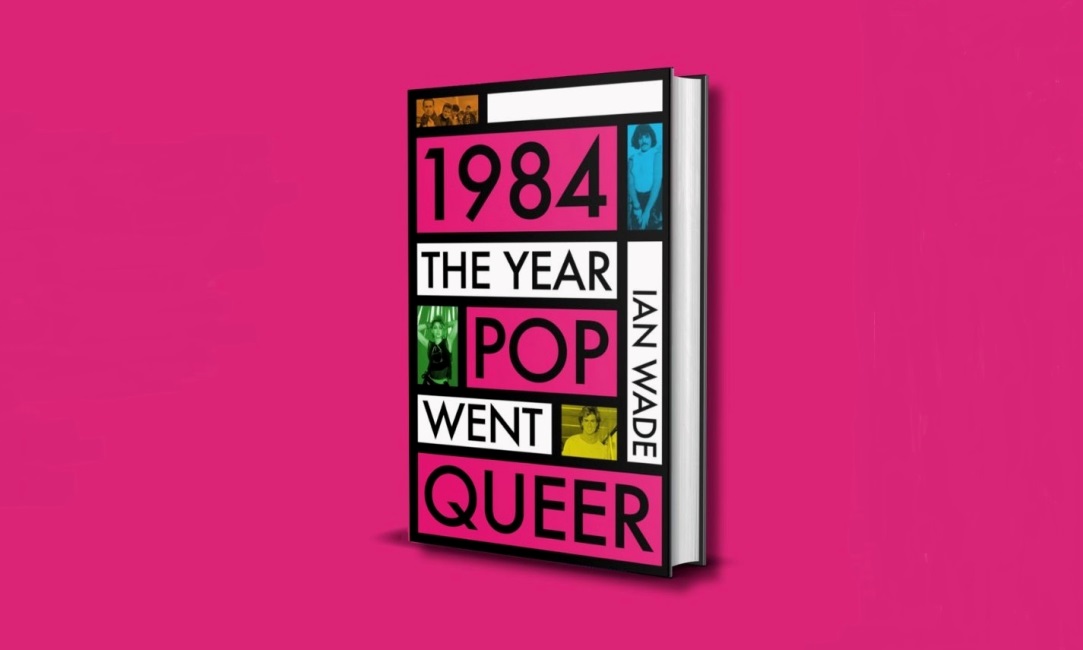
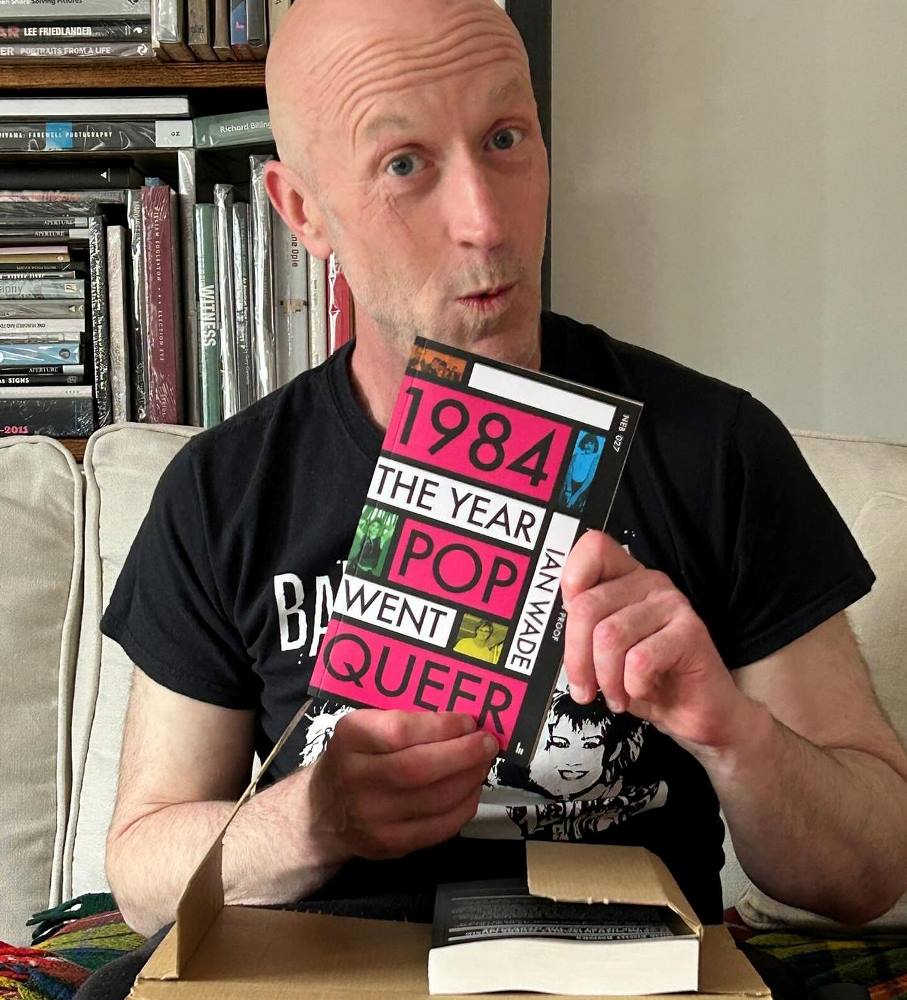
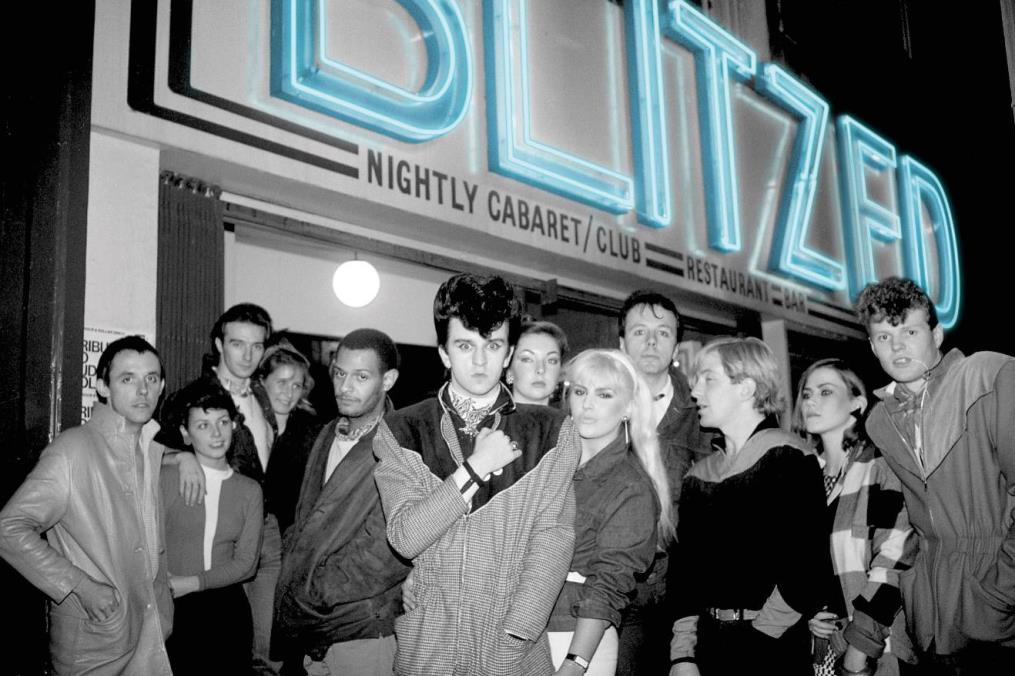
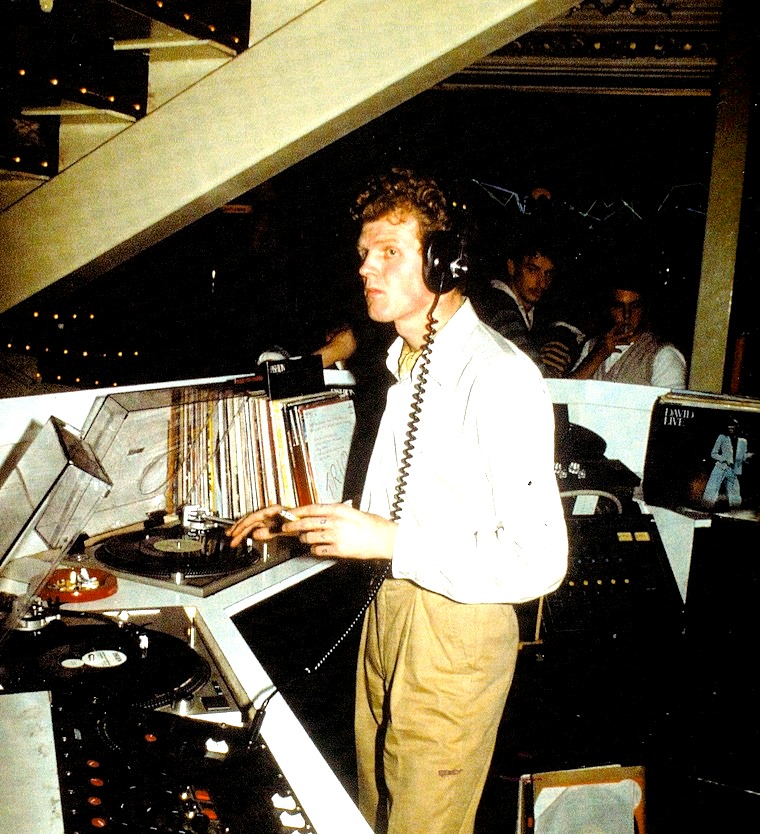
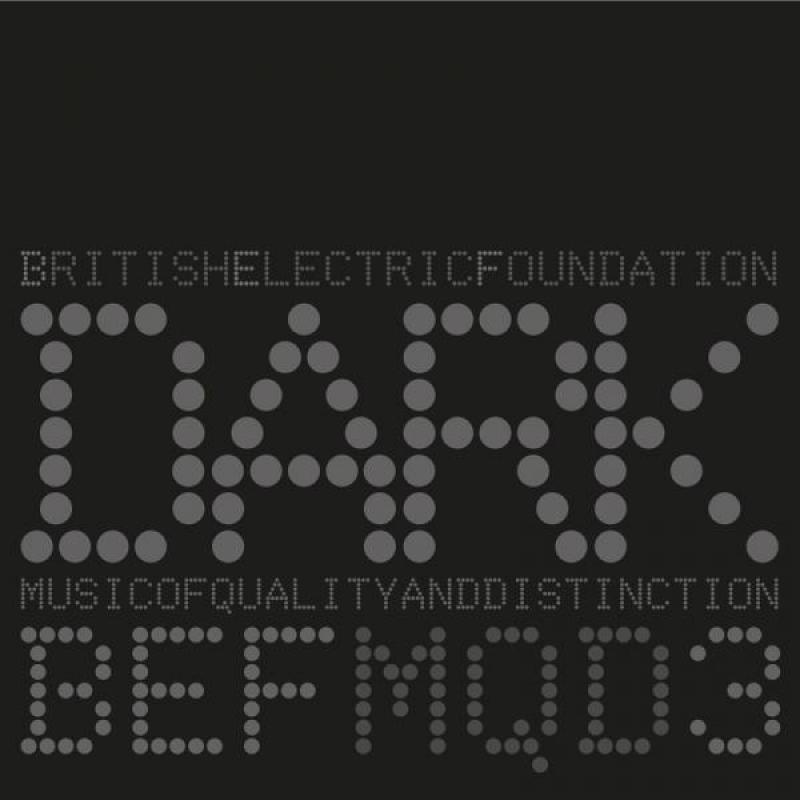
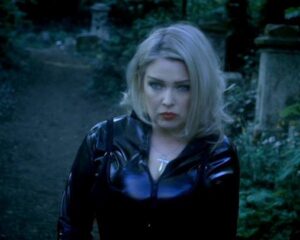

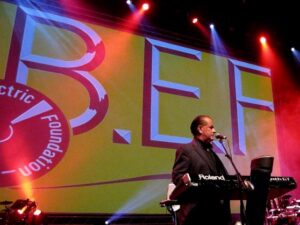
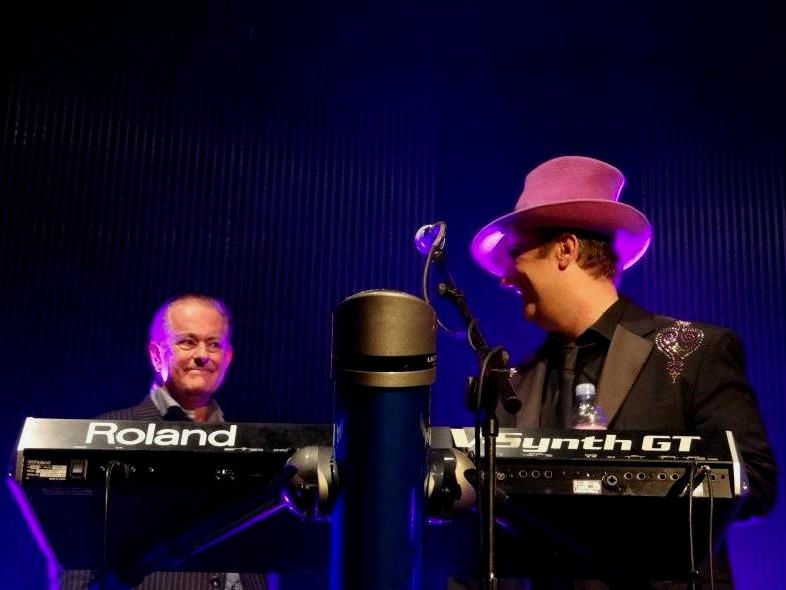
Follow Us!